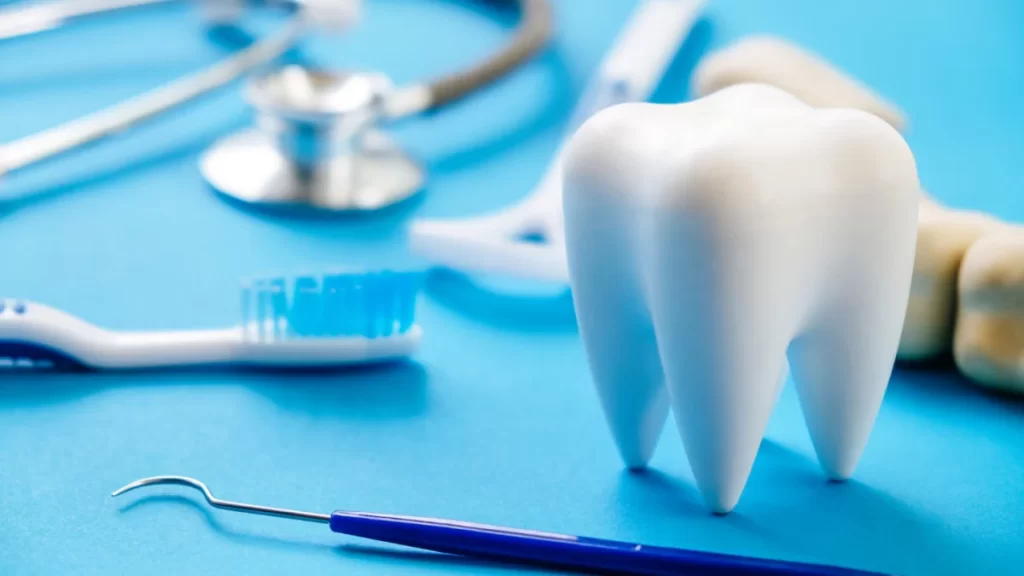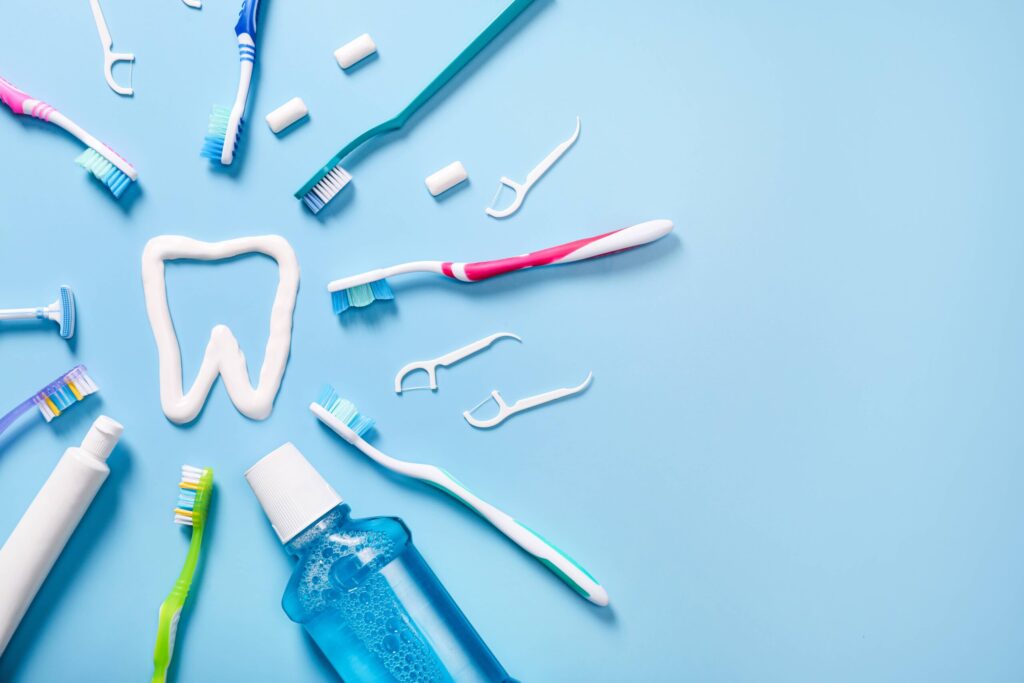Stress is a prevalent part of modern life, affecting millions of people worldwide. While stress can have far-reaching consequences on overall health, its impact on oral health is often overlooked. However, research has shown that stress can have a significant and lasting impact on oral health, leading to a range of problems from tooth decay to gum disease. Our experienced family dentist in Southfield, MI, understands the importance of managing stress to maintain good oral health.
Our experienced team is dedicated to providing personalized care and guidance to help our patients reduce their risk of stress-related oral health problems and achieve a healthy, beautiful smile.
The Physiological Response to Stress
When we experience stress, our body’s “fight or flight” response is triggered, releasing stress hormones like cortisol and adrenaline into the bloodstream. These hormones prepare the body to respond to the perceived threat, causing a range of physiological changes, including:
- Increased heart rate and blood pressure: Preparing the body for action.
- Rapid breathing: Increasing oxygen supply to the brain and muscles.
- Tense muscles: Preparing for physical action.
- Suppressed immune system: Reducing non-essential functions to focus on the threat.
The Impact of Stress on Oral Health
Stress can have a significant impact on oral health, leading to a range of problems. Here are some of the ways stress can affect oral health:
Direct Effects of Stress on Oral Health
- Tooth Grinding and Clenching: Stress can cause people to grind or clench their teeth, leading to worn-down teeth, jaw pain, and headaches.
- Dry Mouth: Stress can reduce saliva production, leading to dry mouth (xerostomia). Saliva helps neutralize acids and remineralize teeth.
- Gum Disease: Stress can weaken the immune system, making it harder for the body to fight off infections, including gum disease.
- Oral Ulcers: Stress can cause oral ulcers, such as canker sores or cold sores.

Indirect Effects of Stress on Oral Health
- Poor Oral Hygiene: Stress can lead to neglect of oral hygiene habits, such as brushing and flossing.
- Unhealthy Eating Habits: Stress can lead to unhealthy eating habits, such as consuming high-sugar or high-acid foods and drinks.
- Smoking and Tobacco Use: Stress can lead to increased smoking and tobacco use, which can increase the risk of oral cancer and gum disease.
- Avoidance of Dental Care: Stress can lead to avoidance of dental care, which can exacerbate oral health problems.
Long-term Effects of Stress on Oral Health
- TMJ Disorders: Chronic stress can lead to TMJ disorders, such as temporomandibular joint pain and dysfunction.
- Gingivitis and Periodontitis: Chronic stress can increase the risk of gingivitis and periodontitis, which can lead to tooth loss.
- Oral Cancer: Chronic stress can increase the risk of oral cancer.
- Dental Work Failure: Chronic stress can lead to dental work failure, such as implant failure or crown failure.
Managing Stress to Maintain Good Oral Health
While stress is unavoidable, there are ways to manage it and reduce its impact on oral health. Here are some tips:
- Practice relaxation techniques: Yoga, meditation, and deep breathing can help reduce stress and promote relaxation.
- Exercise regularly: Regular exercise can help reduce stress and anxiety.
- Get enough sleep: Aim for 7-8 hours of sleep per night to help regulate stress hormones.
- Eat a balanced diet: A healthy diet rich in fruits, vegetables, and whole grains can help support oral health.
- Visit your dentist regularly: Regular dental check-ups can help identify oral health problems early, reducing the risk of more serious issues.
Stress can have a significant impact on oral health, leading to a range of problems from tooth decay to gum disease. However, by managing stress and promoting good oral habits, individuals can reduce their risk of oral health problems. Remember, a healthy smile is not just about aesthetics; it’s also about overall health and well-being. By taking care of your oral health, you’re taking care of your overall health.

